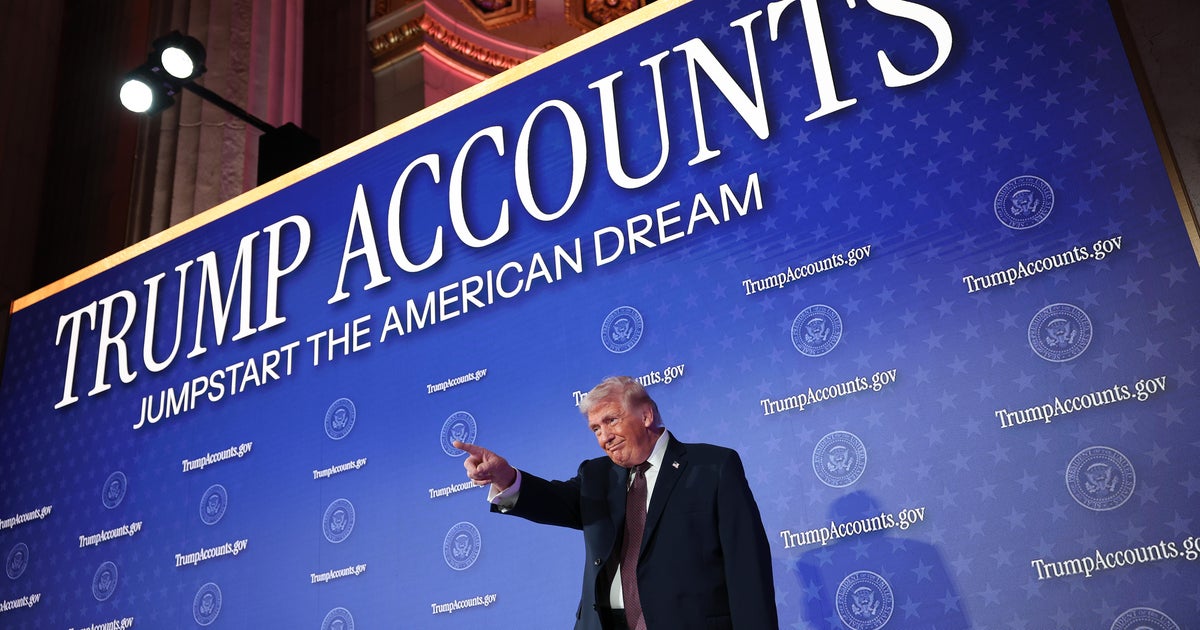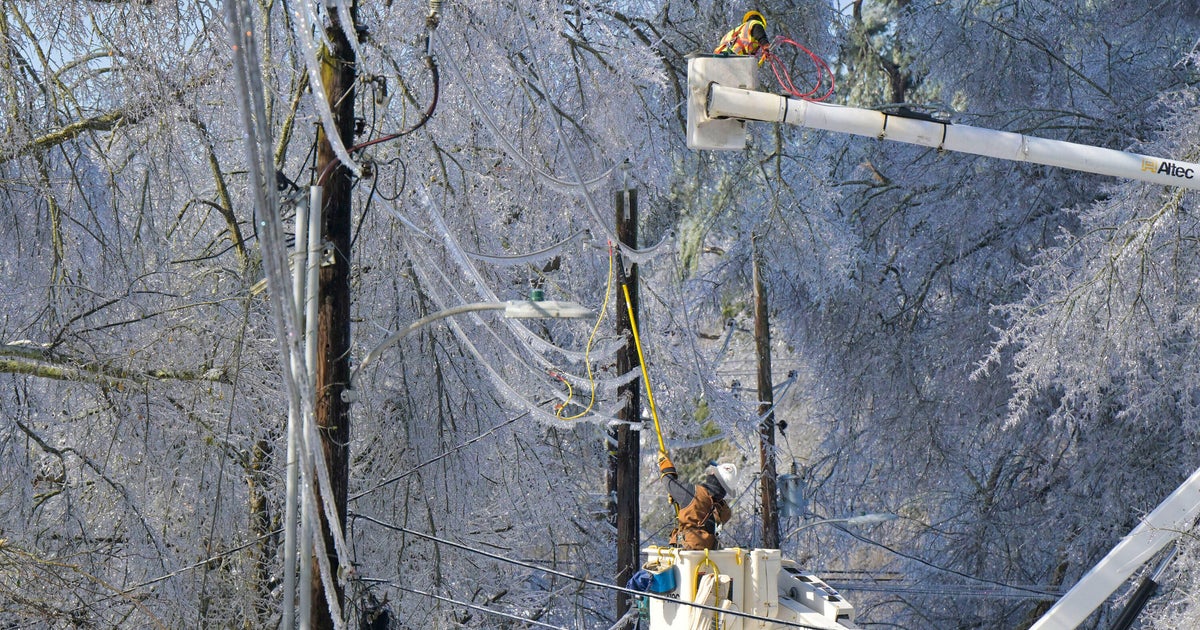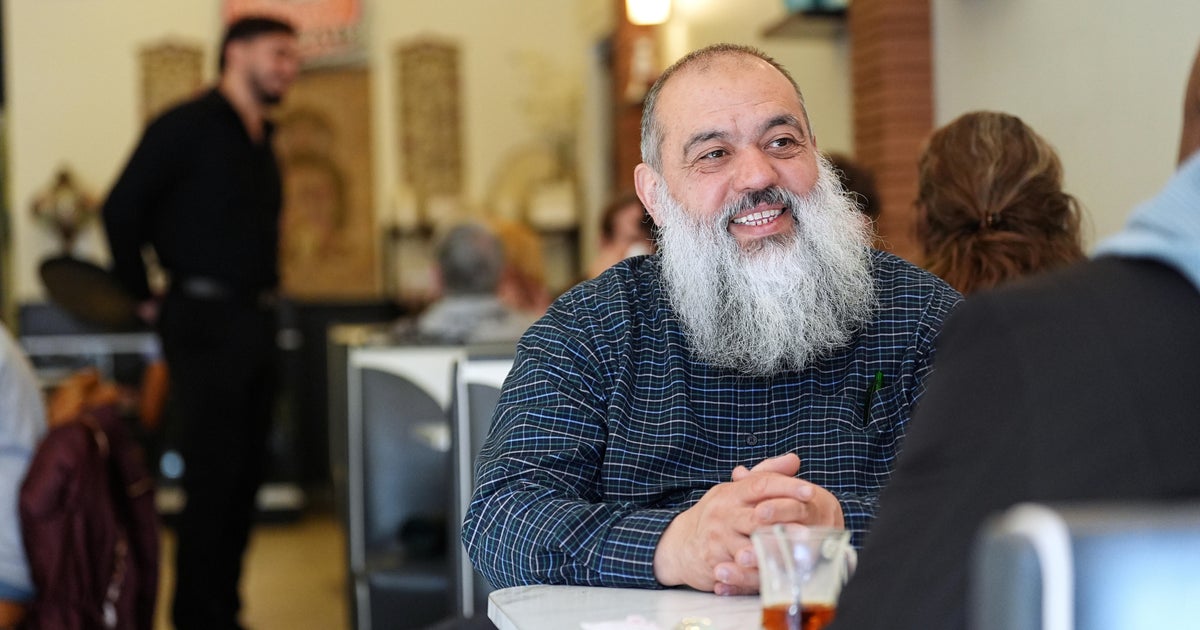Puerto Rico still mostly without electricity
Lt. Gen. Todd Semonite, the head of the Army Corps of Engineers, predicts it will be two or three months before most Puerto Ricans regain power in their homes. The vast majority of people in the U.S. territory have gone without it for over six weeks since Hurricane Maria directly hit the Caribbean island. Lt. Gen. Semonite speaks to Steve Kroft for a report on the current conditions in Puerto Rico and the outlook on its recovery to be broadcast on 60 Minutes Sunday, Nov. 5 at 7:30 p.m. ET and 7:00 p.m. PT.
Some Puerto Ricans living at the very ends of the electric grid may wait until spring or summer before they get their power back, warns Semonite. "The last mile is going to take a long, long time… probably 62,000 power poles that have to be brought in from the United States, that have to be shipped here over water… and then you're going to run 6,100 miles of cable," he tells Kroft. "The science and the engineering and the logistics to be able to make that happen is just going to take some time," says the general.
"We're going to push like heck," says Semonite, "I think the majority of people will hope to have their power up in January, maybe February. I would predict there's some people on that last mile that are going to be close to spring or summer before they get those very, very last houses," he says.
60 Minutes spent over a week reporting in Puerto Rico. Kroft also spoke to Puerto Rico Gov. Ricardo Rossello, Mike Byrne of FEMA and to retired FBI Agent Hector Pesquera, a Puerto Rican native who is directing emergency services and public safety on the island.
Pesquera says the Puerto Rican people, who are U.S. citizens, are owed a return to "some sense of normality." "What happened here is that within a 24-hour period, life as we knew it on the island just collapsed," he tells Kroft. "There is no food. There is no water. There is no gasoline… There is no power. There is no running water… no banks… ATMs. There's nothing."





